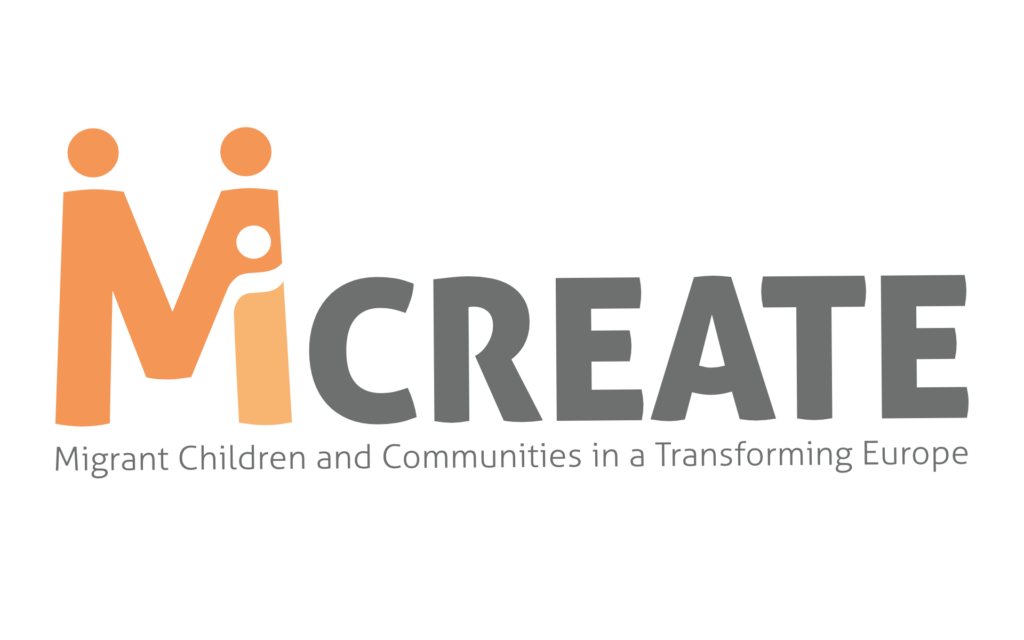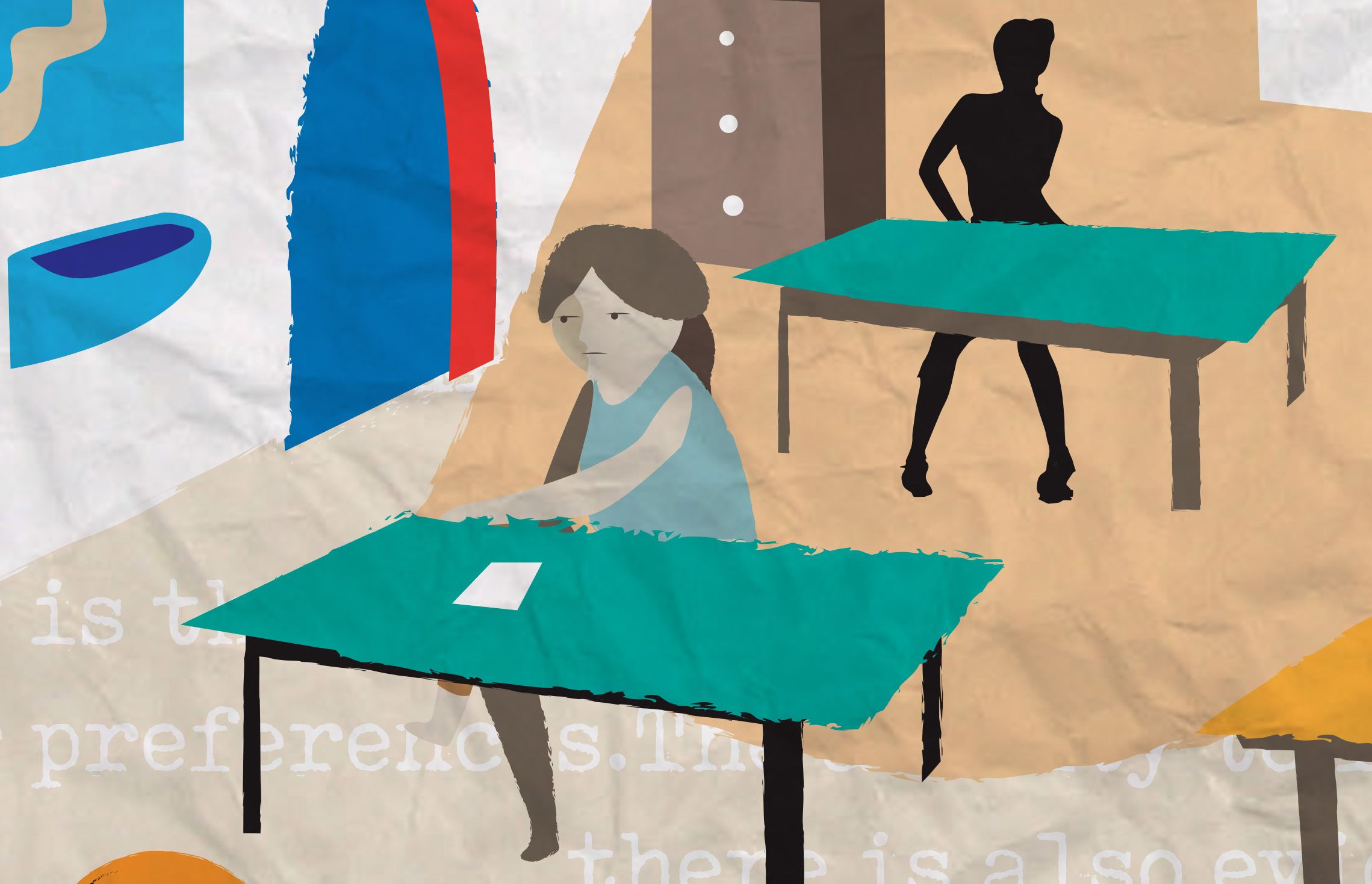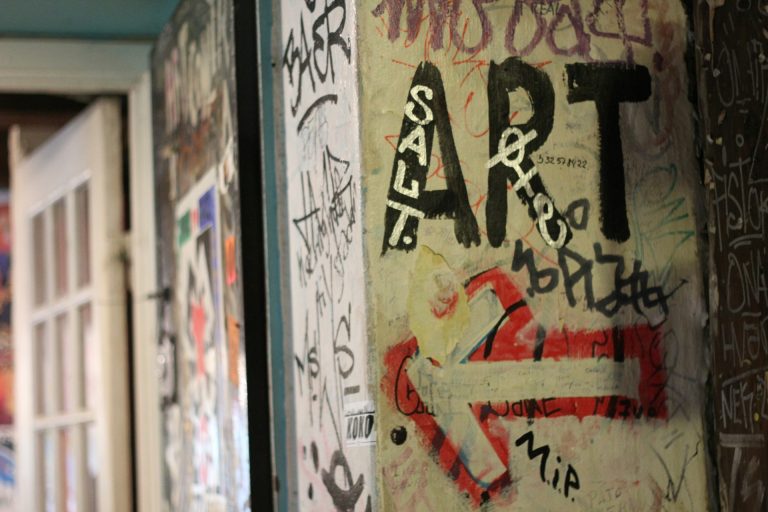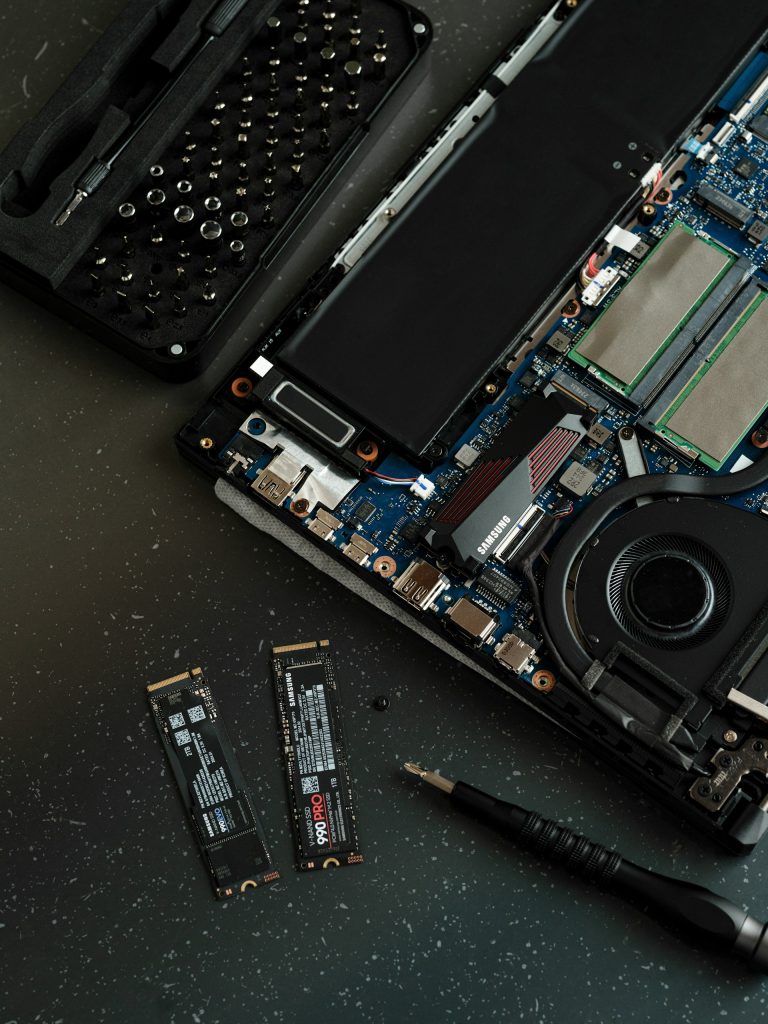Approaches, methodologies and policies
The symposium
The consortium of the European project MiCREATE — Migrant Children and Communities in a Transforming Europe will host a symposium dedicated to explore:
- Policies for the integration of migrant children and youth in educational systems;
- Educational practices to foster migrant children and youth’s wellbeing;
- The social impact of educational integration programmes;
- Emerging approaches and methodologies to study and transform the educational practices for the improvement of migrant children and youth’s education
The symposium will pay special attention to child-centered approaches, the perception and implication of reception communities, transformative practices, teacher’s professional development, and effective policies.
Program
Thursday October 24th 2019
15.00h
Welcome and introduction to the symposium
Representative from Fundació Tàpies
Mateja Sedmak
MiCREATE Coordinator, ZRS Koper
Juana M. Sancho
Esbrina, Universitat de Barcelona
15.30h
The incorporation of students with an immigrant background in schools. Lessons learnt and pending challenges in Catalonia from an international comparative perspective
Keynote
Prof. Sílvia Carrasco Pons
Grup EMIGRA – Centre d’Estudis i Recerca en Migracions Departament d’Antropologia Social i Cultural Universitat Autònoma de Barcelona
Presentat per Fernando Hernández
Esbrina, Universitat de Barcelona
16.45h
Break
17.15h
From research to policy and practice
Policy makers panel
Coordinated by
Gro Hellesdatter Jacobsen
Syddansk Universitet
Anna Marie Schurmann Carstens
The National Council for Children, Denmark
Maria Zuber
European Commission DG HOME
Stanka Lunder Verlič, PhD
Ministry of Education, Science and Sport, Slovenia
18.45h
End of the first day
Friday October 25th 2019
9.30h
MiCREATE’s Child-centered approach
Coordinated by
Adam Bulandra
Interculturalni PL
Migration Children and Integration in the EU through Education: What do we know so far?
Shoba Arun and Gavin Bailey
Manchester Metropolitan University, Regne Unit.
What are the problems? Reception communities in the EU environment
Vlasta Jalušič and Veronika Bajt
Peace institute, Ljubljana, Eslovènia.
Schools and Community Views of Migrant Children’s Integration
Judit Onsès
University of Barcelona, Espanya
11.30h
Break
12.00h
Presentation of papers
RESEARCH PROJECTS
Coordinated by
Judit Onsès
Esbrina, Universitat de Barcelona
Practical issues of integration of refugee children in Slovenian education system
Asja Pehar Senekovič, Jure Gombač, PhD, Research Centre of the Slovenian Academy of Sciences and Arts (ZRC SAZU) – Slovenian Migration Institute, University of Nova Gorica.
Difficulties, tensions and risks in child-centred approach research and practice
Miguel Stuardo-Concha, Sara Carrasco Segovia, Fernando Hernández-Hernández, University of Barcelona.
The child-centred approach of CHILD-UP project
Prof. Claudio Baraldi, University of Modena and Reggio Emilia.
Good practices to promote the integration of migrant children in schools. A standard concept?
Pablo Rivera-Vargas, Raquel Miño-Puigcercòs, Fernando Hernández-Hernández, University of Barcelona.
SCHOOL PRACTICES
Coordinated by
Paula Lozano
Esbrina, Universitat de Barcelona
Transdisciplinary artistic practices as a transforming method: a way to guarantee the well-being of migrant students
Leire Aranburu Etxegoien, MU_Mondragon Unibertsitatea. Jon Martin Etxebeste, EHU_Universidad del Pais Vasco.
Artistic-collaborative projects as a way to promote the well-being of migrant children and as an approach to transform educational practices into meaningful learning
Leire Aranburu Etxegoien, MU_Mondragon Unibertsitatea.
Wordless books for classrooms with children and young migrants
Emma Bosch, Universitat de Barcelona.
What Challenges and Opportunities pertain to introducing Philosophy with Children in Schools to foster migrant Children and Youth’s wellbeing?
Søren Sindberg Jensen, University of Southern Denmark.
ANALYSIS OF SCHOOL PRACTICES
Coordinated by
Marina Riera
Esbrina, Universitat de Barcelona
Native languages as secret languages
Ariadna Saiz Mingo, UBU/IESABROAD GRANADA.
Children, cross-culturalism and belongingness. A fifth-grade class and their stories on managing multiple senses of belonging
Margarida Andrade, University of Barcelona.
Six Cases of Innovative Approaches for integration of migrant children in Spain
Paula Estalayo Bielsa. Laura Malinverni. Paula Lozano-Mulet. Juana M. Sancho-Gil. Miguel Stuardo-Concha.
13.30h
15.00h
Presentation of papers
RESEARCH PROJECTS
Coordinated by
Laura Malinverni
Esbrina, Universitat de Barcelona
Opening up new spaces for language and literacy practices in early childhood education for migrant children
Annika Åkerblom, Gothenburg University. Anne Harju, Malmoe University.
The local dimension of children integration in educational system in Poland
Jakub Kościółek, PhD, Jagiellonian University, Krakow. Adam Bulandra, PhD. Regional Chamber of Attorneys-At-Law in Krakow.
Refugee hospitality center in athens as a case study: Good (and not-so-good) practices
Nektaria Palaiologou, Achilles Kameas, Victoria Prekate, Maria Liontou.
Are Catalan secondary schools confronting xenophobia? Discouraging results from a multilevel analysis of adolescent attitudes toward immigration and diversity
Ann E. Wilson-Daily, University of Barcelona. Markus Kemmelmeier, University of Nevada Reno.
ANALYSIS OF MIGRATION POLICIES
Coordinated by
Miguel Stuardo Concha
Esbrina, Universitat de Barcelona
Migrant children at school: A critical analysis of educational language policies and practices in the south of Brazil
Gabriela da Silva Bulla, Rodrigo Lages e Silva, Bruna Souza de Oliveira, Federal University of Rio Grande do Sul (UFRGS),Porto Alegre, Brazil.
The Challenges of Integration of Migrant Children in the Slovenian Education System
Mirjam Milharčič Hladnik. Klara Kožar Rosulnik , ZRC SAZU, Slovenian Migration Institute, Ljubljana
Educational policy in intercultural community contexts
M. Jesús Igual Calvo, Universitat de Barcelona.
RESEARCH PROJECTS
Coordinated by
Paula Estalayo
Esbrina, Universitat de Barcelona
A Comprehensive Approach for the Study Socio-Educational Inclusion of Migrant Children in Europe: Immerse Research Project
Eva Bajo Marcos. Instituto Universitario de Estudios sobre Migraciones, Universidad Pontificia Comillas.
Unresolved Issues in Second Language Learning by Immigrant Students in Spain: Challenges and Opportunities
María José Arroyo González, Valladolid University. Ignacio Berzosa Ramos, International University of La Rioja. Inmaculada González Falcón, Huelva University.
Integration of refugee children in refugee camps, and schools and textbooks in Germany and Turkey. Three case studies of refugee camps and school practices
Feride Durna, Barcelona University
16.30h
Break
17.00h
Round table with schools
Coordinated by
Juana M. Sancho
Esbrina, Universitat de Barcelona
Núria Abreu
Escola Cervantes, Barcelona
Mercè Miralles
IES Pau Claris, Barcelona
Alfons Espinosa
Escola Drassanes, Barcelona
18.30h
Wrap up
Barbara Gornik
MiCREATE Coordinator, ZRS Koper
Fernando Hernández
Esbrina, Universitat de Barcelona
19.00h
End of the second day
Call for papers
Interested scholars and practitioners are invited to submit papers related to the aims of the symposium.
Abstracts should be sent in a text document to info@micreate.eu, together with contact details for the author(s) and a brief mention of the author(s) affiliation.
Abstracts should not exceed 500 words (excluding references) and should clearly communicate the key points and conclusions of the paper, indicating the methodology, theoretical framework and the relationship to the call.
Deadlines:
Abstract
August 15th, 2019
Communication of acceptance
September 1st, 2019
Full paper (5-10 pages)
December 1st, 2019
Dates
October 24th and 25th 2019
Registration
Venue
Fundació Antoni Tàpies
C/ d’Aragó, 255, 08007 Barcelona
Organized by

Scientific Committee
- Mateja Sedmak (ZRS)
- Juana M. Sancho (UB)
- Ayse Dursun (UW)
- Gro Hellesdatter Jacobsen (SDU)
- Shoba Arun (MMU)
- Adam Bulandra (IPL)



